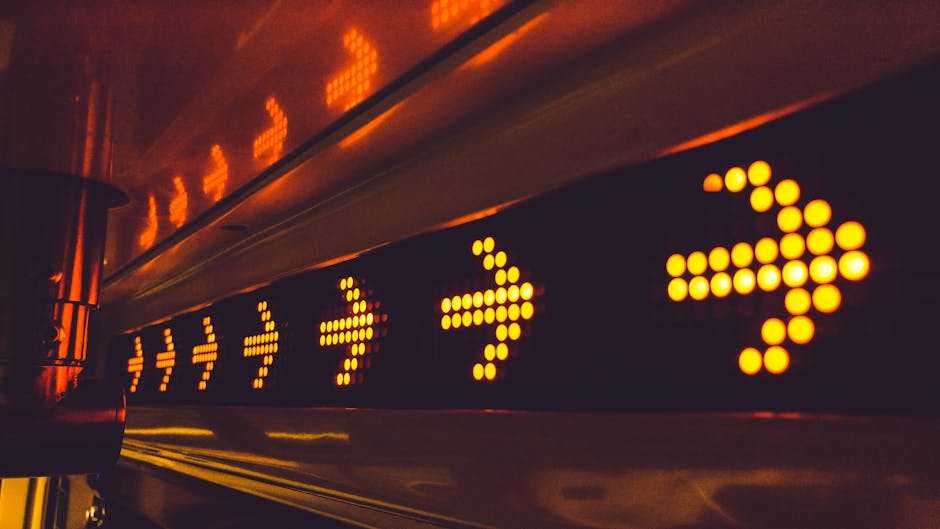Acceptable Beverage Container for Food Handler
As a food handler, it is crucial to understand the importance of using appropriate beverage containers in the food preparation environment. The type of container you choose can impact both the safety of the food you handle and the overall cleanliness of the workspace. Therefore, it is essential to be mindful of what type of beverage container must a food handler drink from exactly to maintain hygiene standards.
Guidelines for Choosing a Beverage Container
When selecting a beverage container as a food handler, keep the following considerations in mind: Material: Opt for containers made from materials such as stainless steel, glass, or foodgrade plastics. These materials are durable, easy to clean, and less likely to harbor bacteria.
Closure Mechanism: Choose containers with secure lids or caps to prevent spillage and contamination of the contents.
Size: Consider the volume of liquid you need to stay hydrated throughout your shift. Select a container that holds an adequate amount of liquid without being too bulky to handle.
Insulation: If you prefer your beverages hot or cold, look for containers with insulation properties to maintain the desired temperature.
Ease of Cleaning: Select containers that are dishwashersafe or easy to hand wash to promote proper hygiene.
What Type of Beverage Container Must a Food Handler Drink From Exactly
As a food handler, it is recommended to drink from a spillproof, reusable water bottle with a secure lid. This type of beverage container offers several advantages, including: Safety: A spillproof design reduces the risk of accidents in the kitchen, preventing liquid spills on food preparation surfaces.
Hygiene: Reusable bottles can be easily cleaned and sanitized, ensuring that you are consuming water from a clean and safe container.
Sustainability: By choosing a reusable water bottle, you can help reduce plastic waste and contribute to environmental conservation efforts.
Convenience: Having a water bottle with you at all times makes it easier to stay hydrated throughout your shift, promoting overall health and wellbeing.
Tips for Maintaining Hygiene Standards
To uphold hygiene standards while using a beverage container as a food handler, follow these tips: Regular Cleaning: Clean your water bottle daily with hot, soapy water to remove any residue or bacteria that may accumulate.
Sanitization: Use a diluted bleach solution or specialized bottlecleaning tablets to sanitize your water bottle periodically.
Avoid CrossContamination: Refrain from sharing your beverage container with others to prevent the spread of germs.
Storage: Store your water bottle in a clean, dry place when not in use to prevent mold or bacterial growth.
Replace When Necessary: Inspect your water bottle regularly for signs of wear and tear, and replace it if you notice any damage that may compromise its safety or hygiene.
By following these guidelines and using a spillproof, reusable water bottle with a secure lid, food handlers can prioritize safety, hygiene, and sustainability in the workplace. Remember, the type of beverage container you choose can make a significant difference in maintaining a clean and healthy food preparation environment.



